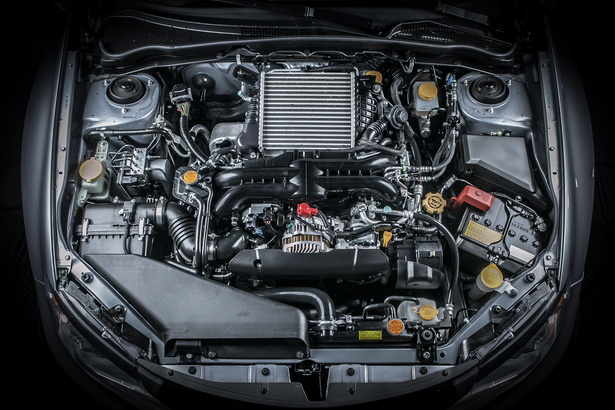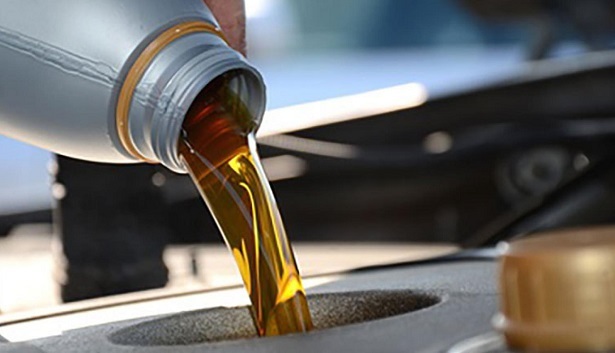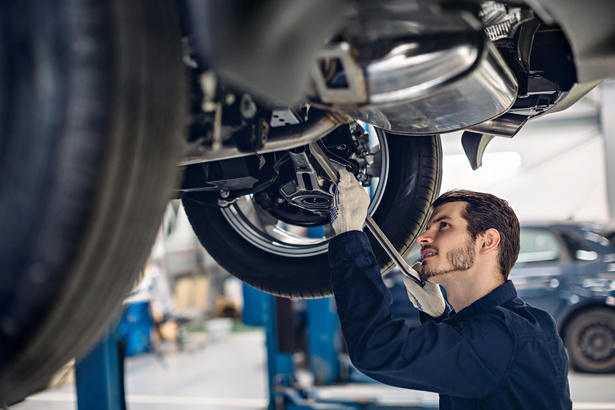For most Americans, commuting is a daily reality that's tacitly accepted since we have to remain gainfully employed until we're food for worms. Going to and from work on the highway every day, constant road trips, picking up the kids, general heavy traffic, etc. not only beats you up, it wears your car down. How exactly that happens, or why, or how long it takes for it to be a problem, all are dependent upon the “severe conditions” you subject your vehicle to without proper maintenance.

When you’re stuck in traffic on a constant basis, all of that gridlock is going to cause damage to your engine, ultimately destroying the longevity of your vehicle. When sitting in traffic, your engine is sitting idle, which is bad for the car’s engine ventilation system, as it will be at its weakest. When this happens, acidic combustion parts and incompletely burned fuel can stay in your engine and over time form some nasty engine deposits. The more you sit in traffic, the greater the chance you’ll have multiple engine-killing deposits forming. This is an ongoing cycle that many people often face, while also not knowing it’s even happening.

Over the course of time, the deposits that are formed may end up clogging some critical parts, such as fuel injectors, interfering with the flow of fuel into the combustion chamber. The deposits will cause you to hear a pinging or clanking noise coming from your engine, which is more than likely the hard deposits rattling around on the surface of the engine. In time, this will destroy your engine, sticking you with a pretty hefty repair bill. Instead of avoiding traffic altogether or buying a new engine every time yours breaks, there are some preventative measures to take so you lessen the chance of running into these issues.

People who often drive in heavy traffic or make several short trips all the time should be getting their oil changed more often than those who drive long, smooth trips down speed-steady highways. Checking and changing your oil often, depending on the conditions and what’s recommended for your vehicle will help preserve the life of your engine.
Another thing you could consider would be to add a fuel injector cleaner to your gas tank every 3000 miles or so. This helps remove valve deposits and clogging, reducing the knocks and rattling noises. You can also make a switch to a higher octane fuel, however, this will only reduce noise caused by the deposits clanging around, it won’t remove the deposits, though.

Aside from your engine becoming damaged and aging prematurely, your brakes will also wear out prematurely. It’s a good idea to get your brakes checked and serviced regularly, as it’s key to safe braking and driving. If you notice a grinding sound or feel the car pulling to one side more than the other while braking, it’s time to get them checked. Having your brake fluid checked every time you get an oil change is a good method, making sure that a fluid formulated for extreme driving conditions is used. This along with reducing your speed and increasing the space between you and the car in front of you in traffic will reduce the amount of braking as well as the stress put on the brakes altogether.
For many people, dealing with stop-and-go traffic is almost inevitable, but that doesn’t mean you and your car must suffer. Proper maintenance is the best way to make sure you have your car in good working condition for as long as possible.


